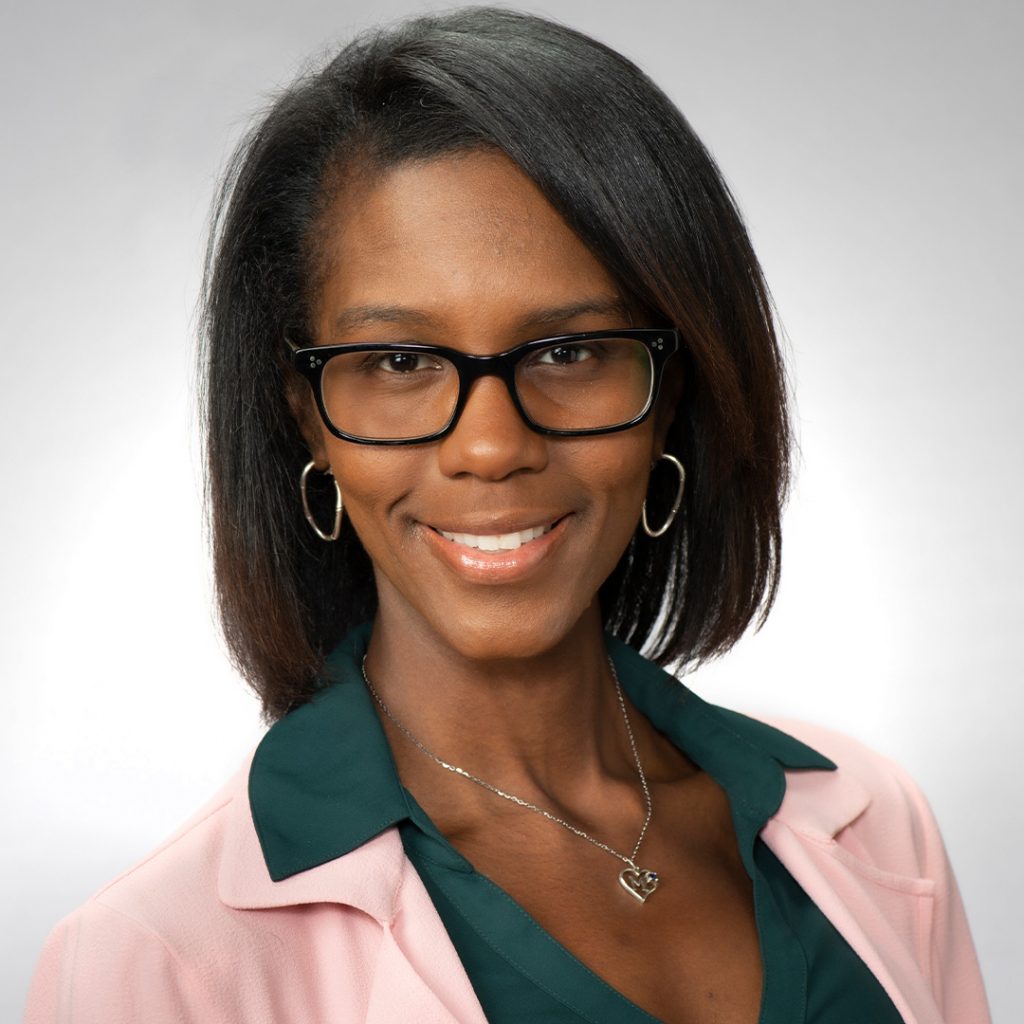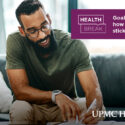Health Break: How and why to take care of your mouth and teeth

A podcast for UPMC Health Plan members, Health Break is your quick guide to caring for your mental and physical health, prioritizing wellness, and making the most of your health insurance plan.
Episode 44: Take a Health Break with Dr. Richard Celko
Brush up on everything you need to do to take care of your mouth and teeth as an adult. Learn about oral health basics and beyond.
Episode transcript:
Camille: Welcome to Health Break by UPMC Health Plan, your quick guide to health, wellness, and how to make the most of your health insurance plan. I’m your host, Dr. Camille Clarke-Smith. This is your…Health Break.
In this Health Break, Dr. Richard Celko joins us to discuss how to keep your mouth and teeth healthy and what your oral health can tell you about your overall health. Thank you, Dr. Celko, for joining us today on Health Break.
Dr. Celko: Thank you for the opportunity.
Camille: Let’s get started. What are the general recommendations for how people should care for their teeth?
Dr. Celko: Well, a basic general recommendation is that people should brush and floss their teeth twice per day, usually in the morning, before they go to bed, and anytime they can after a meal. So those are the basic recommendations, twice a day and more frequently if you can.
Camille: So twice a day, more frequently if you can.
Dr. Celko: And also, people don’t think to brush their tongue either. The tongue is a rough surface, has a lot of little bumps on it. The glands are on there as well. And those are great places for bacteria to set up. So that’s what we’re trying to do, is to reduce the intraoral bacterial count by mechanically removing the bacteria.
Camille: So I’ve heard before that you have to go to the dentist every six months. Can you tell us more about why that is important?
Dr. Celko: Well, there’s a lot that can change over six months. Maybe your habits may change; your medications may change. It’s really important just to get a baseline to see where you start from and then to get them cleaned every six months to make sure that you keep the bacterial counts down. Routine checkups like that help with prevention of infection or diseases. The dentist may see areas of concern, maybe redness or plaque buildup. So they’ll encourage or show or educate the patients to why they need to brush and floss or where they need to pay attention to.
Camille: So what can our dental health tell us about our overall health?
Dr. Celko: Well, our oral health is, like I say, the gateway to the body. Everything starts there. The digestive process starts there, the respiratory process starts there, and it’s one of the first areas that you’re going to see signs and symptoms of certain diseases, certain things like cancers, oral cancers.
So that’s why it’s important to work with a physician and a dentist. The physicians have a tendency to maybe look past the teeth on their exam. They open and say, open up and say, ”Ah,” they’re looking for other things. The dentists focus on the teeth, the periodontal structures, the periodontium. And so it’s important to have a connection with your physician and your dentist so that they can freely communicate about the patient’s health. And it’s important for the patient to let the dentist know that there’s been any changes in their physical health or even mental health. Like what medications have you been on since your last visit? The dentist should know that because they sometimes have effects intraorally. If you’re on a medication that causes dryness, we’re going to be extra careful in looking for decay, looking for cancers, things like that. Doing exam, moving the tongue looking, lifting it up, looking for red spots, white spots, chronic irritations, things like that.
Camille: Thank you, Dr. Celko, for joining us today. Is there anything else you’d like to share with us before we go?
Dr. Celko: One thing I would like to mention, I probably suggest change in dietary habits if we can or encourage that to be done. Eating more of a plant-based diet without the refined sugars and things like that, you have a way to, on your own, reduce the amount of carbohydrates and starches and sugars that you expose your oral cavity to, specifically your teeth. So that’s one thing I would recommend. And also, like I said, to brush your tongue, that’s a haven for bacteria. They have tongue cleaners, things like that. And if people need help, there are flossing aids, there are larger handle toothbrushes, things like that to assist for those who may not have the physical ability to do that. But water picks, certain types of intraoral flossers powered by water, battery operated, those things really help. They’re not a substitute, but they’re an adjunct to it. Just having more tools in your armamentarium to help keep your oral cavity clean.
Camille: Thank you, Dr. Celko, for being here with us. Please come back next time.
Dr. Celko: Thank you very much. Appreciate it.
Camille: Schedule a six-month visit with your dental provider. To find a provider near you, use our Find Care tool at upmchealthplan.com/find.
Find show notes and more information at upmchealthplan.com/podcast. Join us as we continue exploring health, wellness, and how to make the most of your health insurance plan in the next episode of Health Break.
This podcast is for informational and educational purposes. It is not medical care or advice. Individuals in need of medical care should consult their care provider. Views and opinions expressed by the hosts and guests are solely their own and do not necessarily reflect those of UPMC Health Plan and its employees.
Related to this episode:
- Adult dental health information
- More dental resources and support
- Find a dental provider
- Health Break: How to teach your child healthy dental hygiene habits
About Dr. Richard Celko:
Richard M. Celko, DMD, MBA is a graduate of the University of Pittsburgh School of Dental Medicine. He completed his General Practice Dental Residency at UPMC Montefiore. He received his MBA from Indiana University of Pennsylvania. He was also a part-time clinical instructor at the University of Pittsburgh, School of Dental Medicine for four years and is currently an adjunct assistant professor. He is a Certified Dental Consultant and former president of the American Association of Dental Consultants. He is a Fellow in both the International College of Dentists (ICD) and the American College of Dentists (ACD). His current role is Chief Dental Officer for UPMC Health Plan. He is also the co-founder of the Mission of Mercy Pittsburgh free dental clinic. mompgh.org
About Dr. Camille Clarke-Smith:
Camille Clarke-Smith, EdD, is a program director in the Quality Improvement, Medicare Stars Department at UPMC Health Plan, where she leads the Medicare Faith and Wellness Program, an 8-week health and wellness challenge. She is also the founder of the nonprofit Transforming the Health of African American Women (THAW) Inc., where the mission is to improve the health and quality of life of African American women and the communities in which they live. Dr. Clarke-Smith earned a doctorate in health and physical activity education from the University of Pittsburgh in addition to a master’s in exercise science and a bachelor’s in psychology and sociology. She is currently pursuing her master’s degree in social work at Carlow University.





